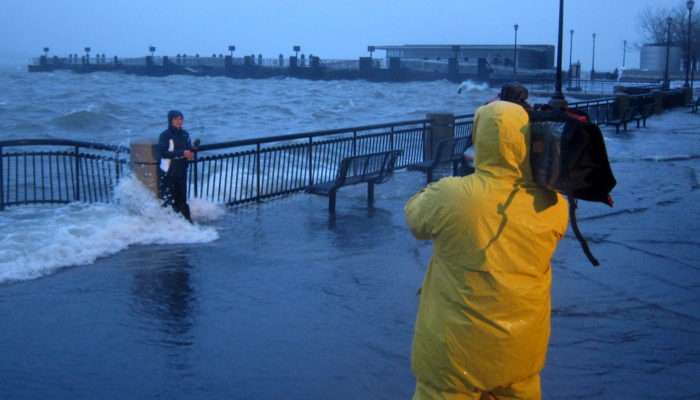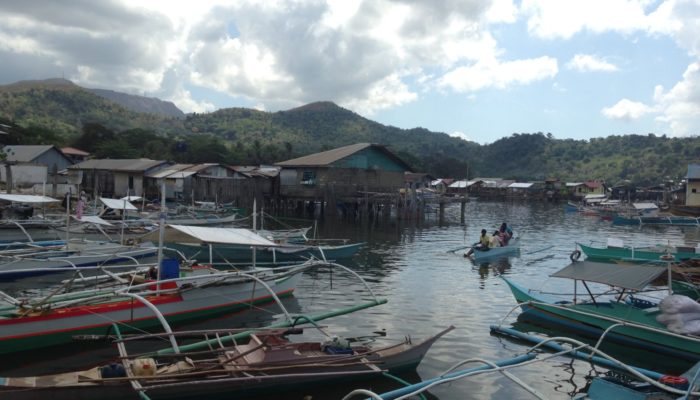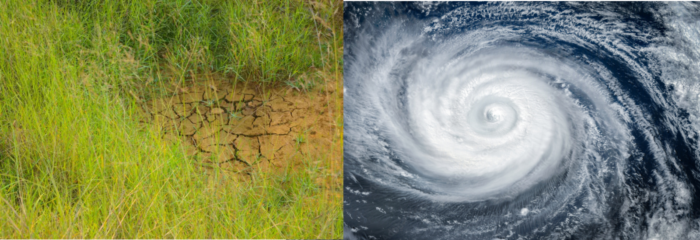In the past year, the world has witnessed many severe disasters caused by multiple hazards whose impacts overlapped in time and space. February this year, two severe earthquakes hit Syria and Turkey shortly after each other, followed by two more powerful earthquakes and over a hundred aftershocks in subsequent weeks [1,2]. The disaster caused over 48 thousand fatalities, and many people are still ...[Read More]
Connecting the dots: the importance of recognising multi-hazard events in disaster reporting




